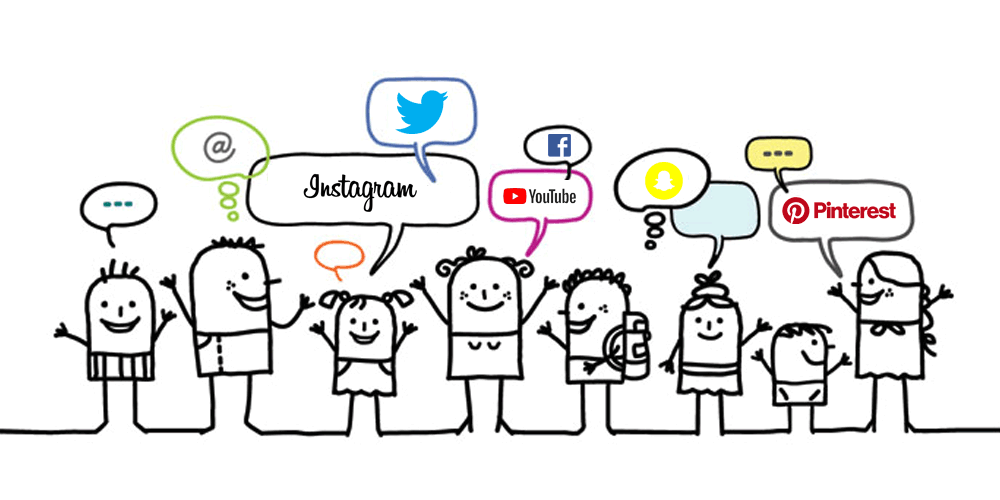Short answer: bullying and harassments.
There are plenty of news of young children as well as minors that experience traumatic events due to them not complying to certain rules. Some of them even committed suicide, While most media focuses on the tragedies that happened, not many blame the children (or their parents)..
What has been largely overlooked is that many of the victims were under the minimum age required to use social media sites, where some of the bullying took place.
The minimum age to open an account on most social media sites is 13, while others require higher age. Some others still allow children at the age of 13 t sign up but with their parent's permission. However, despite these clearly stated and published age restrictions, there are a large and growing numbers of children under 13 that use social media networks, more than often, without their parent’s knowledge and consent.
According to The Social Age Study, there are many children as young as 10 or even below that have already used at least one social media network. And most of them admitted that they ignore the age restriction.
While some social media networks have made it difficult for young kids to sign up by providing a birthday picker that doesn't let new users select an age under 13, but kids can easily fake their birthday date.

The reason for the age restriction, is because children's personal data is at risk.
The Children’s Online Privacy Protection Act (COPPA) passed in 1998, protects every child under the age of 13. The Act requires all operators of websites and online services to provide a notice and obtain permission from a child’s parents before collecting any personal information - such as name, address, phone number and screen name - from that child.
Websites and companies on the web, are not allowed to collect geolocation data that could identify the street, image, video or audio, that contain the child. The rules even go beyond that, by saying cookies, IP addresses, unique device identifier (UDID) for mobile devices, are all restricted by COPPA.
But the problem here is that COPPA doesn’t work if a a 9-year-old child pretends to be 13.
When a social network account is created for a child under 13, or when a child uses a false birthday date, this law cannot protect their personal information from being collected and shared with third-party advertisers.
Children under 13 are also seen to be less capable in making smart decision online. While they can be tech-savvy at a young age, that doesn't necessarily means that their brains are developing at the same rate as their digital acumen.
Researches have shown that it takes children about 12 years to fully develop their cognitive structures which enable them to engage in ethical thinking. Before 12, it’s difficult if not impossible for a child to fully understand the impact of their actions.
This is why children are prone to cyberbullying and online harrassments by putting themselves in harm’s way, unknowingly.
And for last, children should know that lying is plainly a mistake. They need to know that living in the society means that they are bonded to implicit agreements. Like for example, taking turns when doing something, playing a fair game, and so forth. And here, they also need to understand that faking a birthday date means lying.
While social media networks, or the overall internet, seem to be safe and sound, this is clearly a white lie. Anything can go wrong at any moment when browsing then web without understanding the impact of an action. So here, honesty and truthfulness, online and offline, is important.
However, if a child really do need an online life, there are plenty of alternatives that are designed for younger children. While they may not be a 100 percent safe, they do offer restricted and supervised networking and contents.
